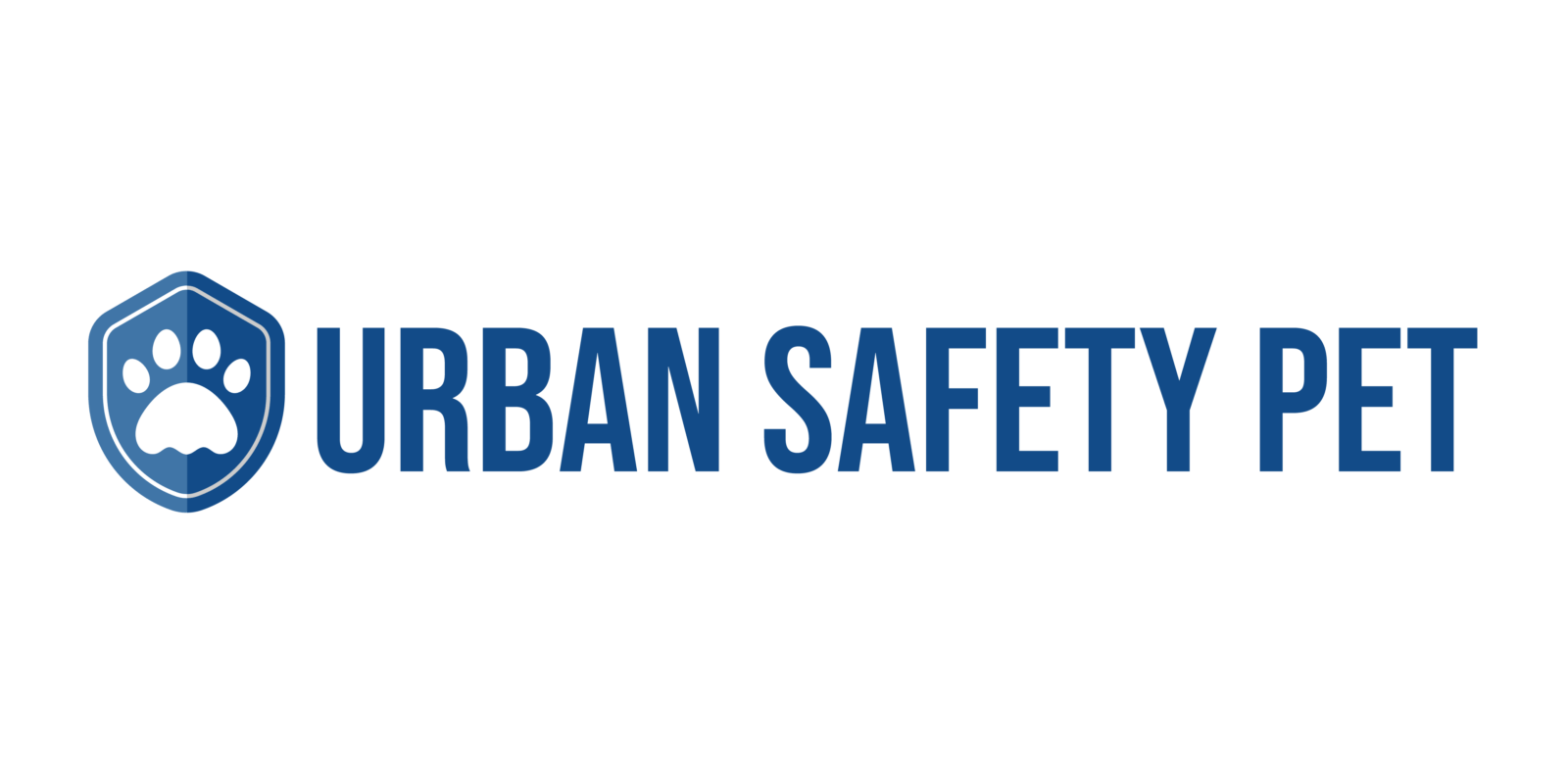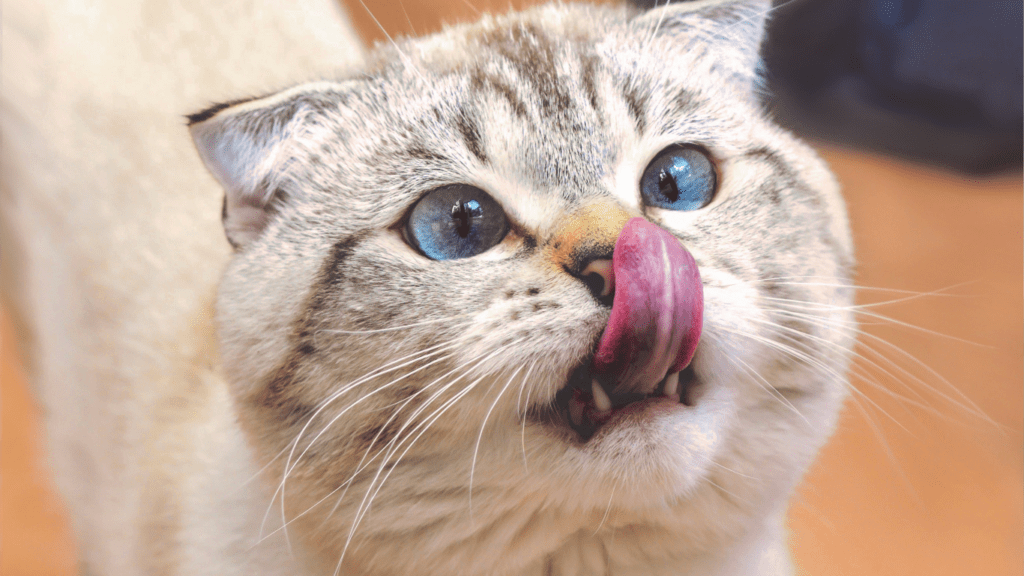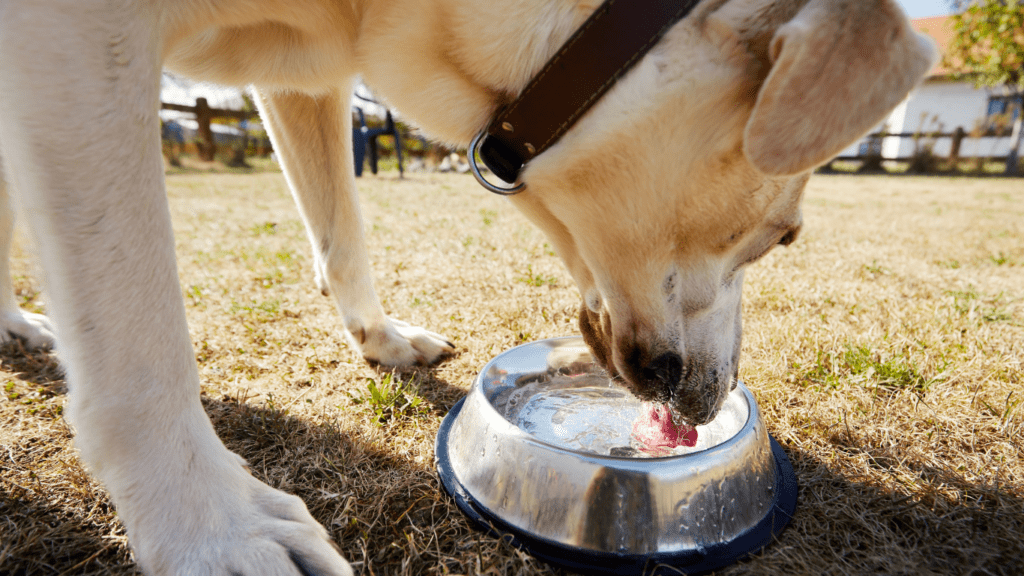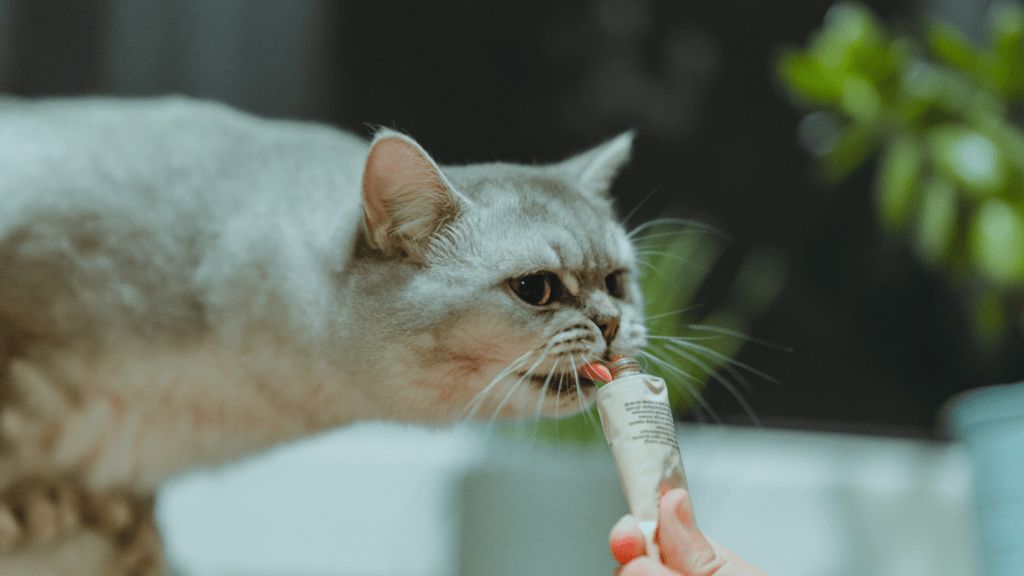Understanding Your Pet’s Nutritional Needs
Pets have unique dietary requirements that vary by species, age, and health status. To ensure they receive the proper nutrients, you should first understand these distinct needs.
Species-Specific Diets
Different species have different dietary needs. For example, dogs are omnivores and require a mix of proteins, carbohydrates, and fats. Cats, however, are obligate carnivores that need a diet rich in animal proteins. Birds, like parrots, need a varied diet that includes seeds, fruits, and vegetables to thrive.
Age-Appropriate Nutrition
Pets’ nutritional needs change as they age. Puppies and kittens need higher protein levels and calories for growth, while adult pets require balanced nutrients to maintain healthy body weight. Senior pets often need diets lower in calories but higher in fiber to support aging joints and digestive systems.
Health Conditions and Diet
Pets with specific health conditions may need special diets. Pets with diabetes often benefit from high-fiber, low-carbohydrate foods. Overweight pets might need low-calorie diets. Pets with kidney disease benefit from reduced-protein diets to lessen kidney strain. Owners should consult veterinarians to tailor diets to their pets’ health needs.
Importance of Balanced Nutrition
Balanced nutrition involves providing vitamins, minerals, and proper hydration. A balanced diet includes proteins for muscle development, fats for energy, and carbohydrates for digestion. Specific vitamins, like Vitamin A for vision or Vitamin E for skin health, play vital roles. Fresh water should always be available to prevent dehydration.
Reading Pet Food Labels
To meet your pet’s nutritional needs, read pet food labels carefully. Look for products that list meat as the first ingredient for dogs and cats. Check for life stage suitability. Avoid foods with excessive fillers like corn or soy. Understanding labels helps make informed choices for your pet’s diet.
Homemade Diets and Supplements
If considering homemade diets, ensure they meet all nutritional requirements. Homemade diets often need supplements to be balanced. For example, dogs on homemade diets may need calcium supplements. Always consult a vet before making dietary changes to avoid nutrient deficiencies.
Understanding your pet’s nutritional needs helps keep them healthy and happy. By considering species-specific diets, age-appropriate nutrition, and any health conditions, you can ensure your pet receives the necessary nutrients for optimal health.
High-Quality Pet Food Standards
Understanding high-quality pet food standards is crucial for maintaining your pet’s nutrition and overall health. Ensure your pet’s diet includes these essential components and avoids harmful substances.
Ingredients to Look For
Look for whole protein sources like chicken, beef, or fish in the ingredient list. Quality proteins aid in muscle development and energy. Include animal-based fats, such as chicken fat, to support healthy skin and coat. Whole grains, like brown rice and oats, provide essential carbohydrates for sustained energy. Incorporate vegetables and fruits like carrots and blueberries for necessary vitamins and antioxidants. Pet foods with added probiotics help maintain a healthy digestive system.
Ingredients to Avoid
Avoid foods containing by-products, which can include inapparent meats and fillers. Steer clear of artificial preservatives like BHA, BHT, and ethoxyquin, which are linked to potential health risks.
Skip foods with artificial colors and flavors, which add no nutritional value. Reduce or eliminate corn, wheat, and soy, common allergens for many pets. Watch out for high amounts of sugar and salt, which can lead to obesity and other health issues. Quality pet food should offer nutritional benefits without unnecessary additives.
The Importance of a Balanced Diet
A balanced diet is crucial for pets’ health, providing essential nutrients to support their growth, energy, and overall well-being. Understanding the components of a nutritious diet helps ensure pets lead healthy, happy lives.
Protein Sources
Proteins are fundamental for pets’ muscle development, immune function, and energy. High-quality protein sources include chicken, beef, fish, and lamb. These offer essential amino acids, crucial for cellular repair and growth. When selecting pet food, look for named protein sources as the primary ingredient rather than unspecified meats or by-products.
Essential Vitamins and Minerals
- Vitamins and minerals support metabolic processes, immune function, and bone health in pets.
- Essential vitamins like A, D, E, and B-complex are necessary for vision, skin health, metabolic energy, and nerve function.
- Minerals such as calcium, phosphorus, and magnesium contribute to strong bones and teeth.
- Including a mix of whole grains, vegetables, and fruits in pet diets ensures they get a broad spectrum of these vital nutrients.
- Always consult with a veterinarian to avoid nutrient deficiencies or excesses.
Hydration and Your Pet

Hydration plays a crucial role in maintaining your pet’s health. Ensuring adequate water intake is vital for their overall well-being.
Water Intake Guidelines
Pets need constant access to fresh, clean water. Dogs typically require 1 ounce of water per pound of their body weight daily, while cats need 3.5 to 4.5 ounces per 5 pounds of their body weight. Offer water in clean bowls, refreshing it daily, and use stainless steel or ceramic bowls to prevent bacterial growth. Monitor water consumption regularly, especially during hot weather or increased physical activity.
Signs of Dehydration
Dehydration symptoms can severely impact pets. Common signs include dry gums, sunken eyes, lethargy, and reduced skin elasticity. If you notice these signs, encourage your pet to drink and consult your veterinarian. Monitoring hydration levels, particularly during illness or after vigorous activity, ensures timely and effective intervention.
Treats and Supplements
Pet treats and supplements can support overall health if they’re chosen wisely. It’s important to pick healthy options and know when supplements could be beneficial.
Healthy Treat Options
Healthy treat options help maintain pets’ energy and well-being. Look for treats with natural ingredients, such as:
- High-protein treats: Made from lean meats (e.g., chicken or fish).
- Vegetable-based treats: Include sweet potatoes, carrots, or peas.
- Fruit treats: Apples, blueberries, and pumpkin (unsweetened).
Avoid treats with artificial colors, flavors, and excessive sugars. For instance, many commercial treats contain these elements. Homemade treats can be excellent choices. Ensure added ingredients like peanut butter don’t include xylitol.
When to Consider Supplements
Consider supplements to address specific nutritional gaps or health issues. Common supplements include:
- Omega-3 fatty acids: Beneficial for skin and coat health.
- Glucosamine and chondroitin: Support joint health.
- Probiotics: Aid in digestive health.
Consult a veterinarian before introducing new supplements. Over-supplementation or unsuitable products can harm pets. Signs of deficiencies or health conditions, like poor coat quality or joint stiffness, may indicate the need for supplementation.
Special Diets for Specific Conditions
Diet can significantly impact a pet’s health, especially for those with specific conditions. Selecting an appropriate diet can address issues like weight management and allergies.
Weight Management
Obesity affects pets’ health, increasing the risk of diabetes and joint problems. Low-calorie diets help manage your pet’s weight. Choose high-fiber and high-protein foods to increase satiety and maintain muscle mass. Look for products labeled “weight control” and avoid overfeeding. Feedings should be scheduled, not free-choice. Consult your vet to determine the exact caloric needs for your pet’s weight loss plan.
Allergies and Sensitivities
Food allergies and sensitivities cause symptoms like itching, ear infections, and gastrointestinal upset. Hypoallergenic diets eliminate common allergens such as beef, dairy, and wheat. Consider novel protein and hydrolyzed protein diets, which reduce the risk of allergic reactions. Monitor your pet’s response to new diets and avoid treats and table scraps. If symptoms persist, consult a vet to explore prescription diets tailored for allergies.




